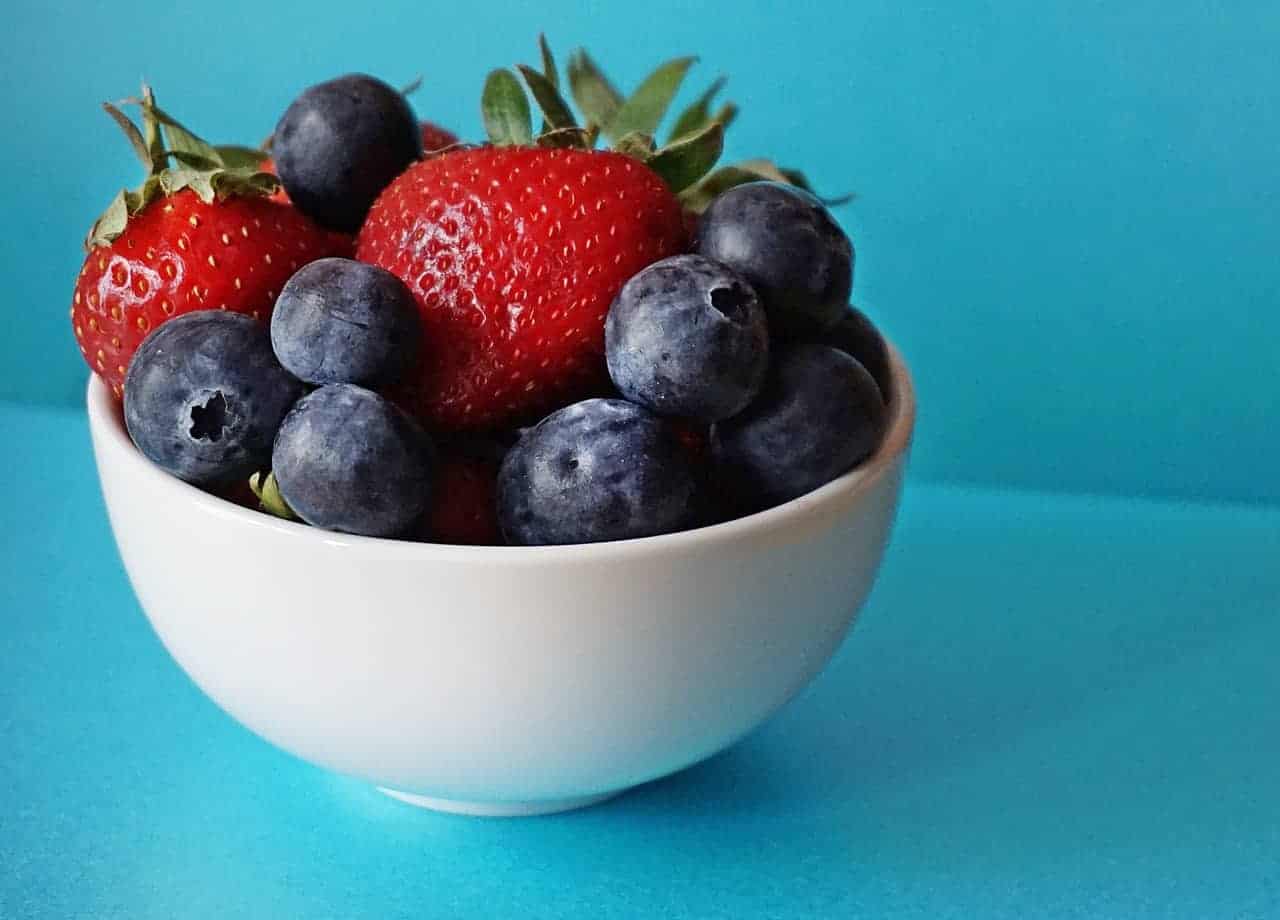Conditions like rheumatoid arthritis, joint pain, IBS, bloating, and constipation are the signs of chronic inflammation within the body. Unlike acute inflammation or redness and swelling after an injury, chronic inflammation has no visible signs. It’s been linked to several diseases and conditions, from acne to allergies. What we eat plays a huge role in preventing and treating chronic inflammation. Not surprisingly, health experts agree an anti inflammatory diet will help you fight the free radicals responsible for chronic inflammation.
Foods rich in antioxidants, vitamins, and minerals are your body’s best defense against chronic inflammation. Following an anti inflammatory diet plan means giving up foods that are likely a part of your everyday diet. This includes saturated fats in red meat and processed meat like hot dogs. Vegetable oils like corn oil and safflower contain omega-6 fatty acids. Too much of them can cause inflammation. Coffee creamers, margarine, or anything with trans fats should be avoided.
14 Best Anti Inflammatory Diet Foods
For the best anti inflammatory diet plan, include some superfoods daily.
1 – Berries
Berries are rich in flavonoids that reduce free-radical damage to cells. This gives all berries, including blueberries, strawberries, raspberries, and blackberries, an anti-inflammatory effect. Flavonoids also help fight cancer and cognitive decline. Go for one cup per day.
2 – Fatty Fish
Studies have been conducted that clearly show that the omega-3 fatty acids in fish like salmon and tuna significantly decrease inflammation. Omega-3s are also important to brain and heart health. Fatty fish is rich in B vitamins.
3 – Leafy Greens
Make sure to add leafy green veggies like kale, collard greens, Swiss chard, and spinach to your anti inflammatory diet. They are rich in antioxidants, anti-inflammatory flavonoids, and important vitamins and minerals like vitamins A, C, and K. Look for darker shades of green. Generally, they are the most nutritious.
4 – Broccoli
Broccoli is an excellent source of potassium, magnesium, and antioxidants with potent anti-inflammatory powers. It also contains sulforaphane, a compound found in cruciferous veggies shown to lower oxidative stress and fight chronic inflammation.
5 – Bone Broth
Surprisingly nutritious, bone broth is loaded with body-boosting minerals like calcium, magnesium, phosphorous, and glucosamine to help protect joints and strengthen bones. Bone broth is also rich in collagen, a protein that helps keep skin plump and firm. Collagen is also found in our ligaments, tendons, and bones.
6 – Nuts
Almonds and walnuts are high in omega-3 fatty acids for a healthy heart and good brain function. Recent studies suggest that walnuts lower the risk of developing breast cancer. Snack on them or toss them on a salad.
7 – Beets
Beets are high in vitamins and minerals, as well as an amino acid called betaine helps protect against environmental stressors. The bright color of beets is due to phytonutrients shown to have cancer-fighting properties. Beets also support healthy brain function.
8 – Garlic
Garlic is easy to add to an anti inflammatory diet since it can be used to flavor so many dishes. This tasty bulb contains a sulfuric compound called allicin which has a powerful calming effect. Chop garlic finely to release the allicin.
9 – Turmeric
Long used in Indian cuisine, turmeric has been researched intensely for its potential to fight arthritis, cancer, heart disease, and Alzheimer’s disease. Curcumin is responsible for turmeric’s potency and bright yellow color.
10 – Ginger
Ginger comes from the same plant family as turmeric. Traditionally used to treat upset stomachs, use ginger in an anti inflammatory diet to halt the body’s production of cytokines, proteins that are the source of chronic inflammation.
11 – Cinnamon
Cinnamon is a versatile spice used in sweet and savory dishes. Use it liberally because cinnamon has a high anti-inflammatory and antioxidant compounds concentration. It also balances blood sugar and improves working memory.
12 – Coconut Oil
Keep coconut oil in your pantry for cooking. The body more easily metabolizes its fatty acids than fats from other oils. Coconut oil also contains lauric acid, which helps fight off harmful bacteria, viruses, and fungi in the body.
13 – Chia Seeds
These tiny seeds reverse inflammation due to their excellent omega-3 to omega-6 fatty acids ratio. They also have a high fiber and protein content. Chia seeds also regulate cholesterol and lower blood pressure. Incorporate them into your diet with chia seed recipes.
14 – Moringa
Moringa is a highly nutritional spice from trees in West Africa, India, and South America. The leaves are dense with antioxidants, iron, protein, and vitamin C. Fortunately, it’s available in powdered form. Add a teaspoon or two of this bright green powder to smoothies, oatmeal, or granola.
Health experts agree that medications and treatments are essential for rheumatoid arthritis and other conditions, but they also say an anti inflammatory diet may help, too. Although not a magic cure, an anti inflammatory diet may reduce flare-ups from acne, IBS, arthritis, and other conditions linked to chronic inflammation. Additionally, since all the foods suggested as part of an anti inflammatory diet are superfoods, they help keep you healthy.

Final Thoughts on Finding the Best Anti Inflammatory Diet for You
Inflammation causes numerous health concerns, warn the experts. So following an anti inflammatory diet is key to soothing and calming any inflammation in your body. Even as you introduce these foods, start to reduce your consumption of harmful foods that can inflame your body. Some of the foods to wean out of your diet are the following:
- Wheat
- Sugar
- Artificial sweeteners
- Sports beverages
- Overly processed foods
Little by little, you’ll see an improvement–these small changes add up quickly.
Be sure to discuss any nutritional changes with your family physician, as they will take an interest in your progress.



















